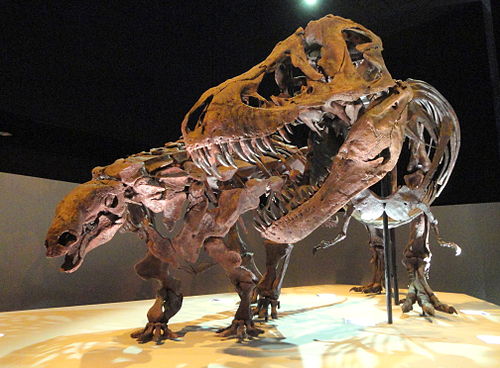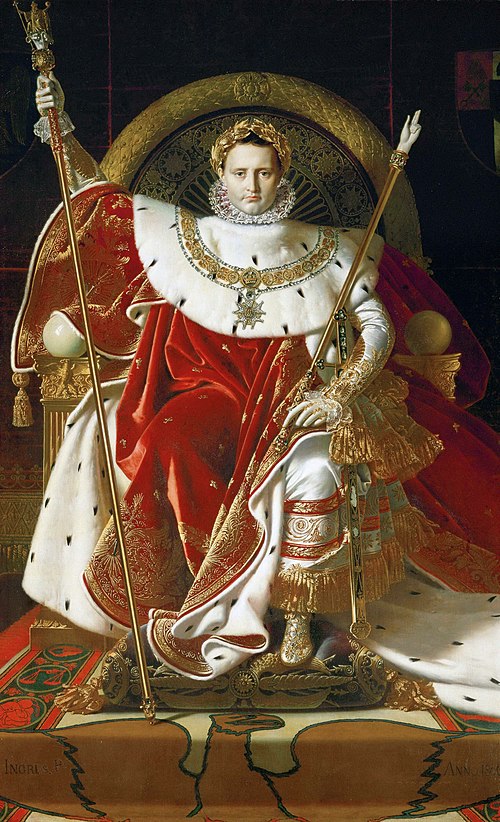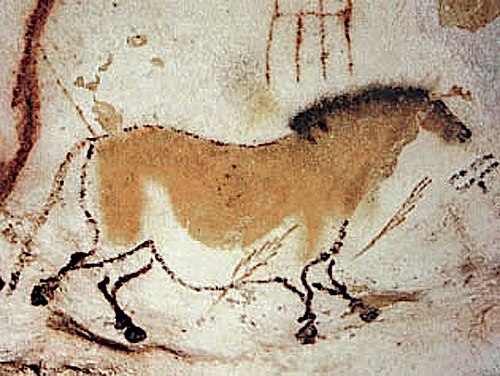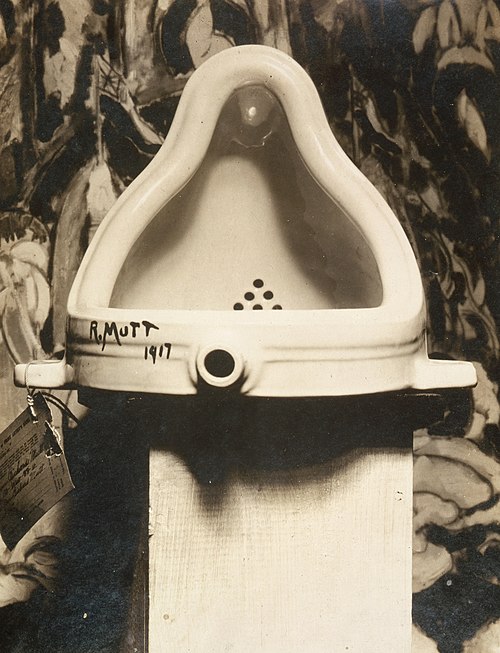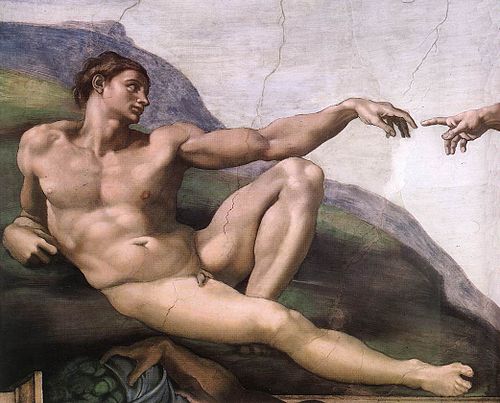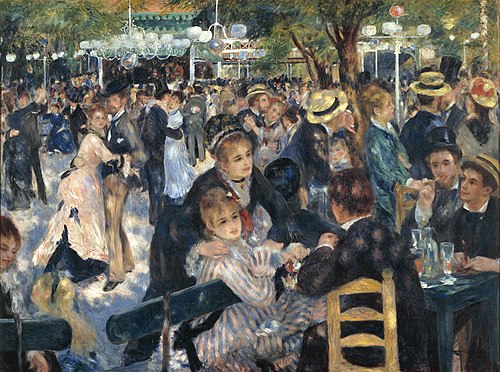Sciencenoun
(countable) A particular discipline or branch of learning, especially one dealing with measurable or systematic principles rather than intuition or natural ability.
Sciencenoun
Specifically the natural sciences.
Sciencenoun
Knowledge gained through study or practice; mastery of a particular discipline or area.
Sciencenoun
The fact of knowing something; knowledge or understanding of a truth.
Sciencenoun
(uncountable) The collective discipline of study or learning acquired through the scientific method; the sum of knowledge gained from such methods and discipline.
Sciencenoun
(uncountable) Knowledge derived from scientific disciplines, scientific method, or any systematic effort.
Sciencenoun
(uncountable) The scientific community.
Scienceverb
To cause to become versed in science; to make skilled; to instruct.
Scienceverb
To use science to solve a problem.
Sciencenoun
Knowledge; knowledge of principles and causes; ascertained truth of facts.
Sciencenoun
Accumulated and established knowledge, which has been systematized and formulated with reference to the discovery of general truths or the operation of general laws; knowledge classified and made available in work, life, or the search for truth; comprehensive, profound, or philosophical knowledge.
Sciencenoun
Especially, such knowledge when it relates to the physical world and its phenomena, the nature, constitution, and forces of matter, the qualities and functions of living tissues, etc.; - called also natural science, and physical science.
Sciencenoun
Any branch or department of systematized knowledge considered as a distinct field of investigation or object of study; as, the science of astronomy, of chemistry, or of mind.
Sciencenoun
Art, skill, or expertness, regarded as the result of knowledge of laws and principles.
Scienceverb
To cause to become versed in science; to make skilled; to instruct.
Sciencenoun
a particular branch of scientific knowledge;
Sciencenoun
ability to produce solutions in some problem domain;
Science
Science (from Latin scientia 'knowledge') is a systematic enterprise that builds and organizes knowledge in the form of testable explanations and predictions about the universe.The earliest roots of science can be traced to Ancient Egypt and Mesopotamia in around 3000 to 1200 BCE. Their contributions to mathematics, astronomy, and medicine entered and shaped Greek natural philosophy of classical antiquity, whereby formal attempts were made to provide explanations of events in the physical world based on natural causes. After the fall of the Western Roman Empire, knowledge of Greek conceptions of the world deteriorated in Western Europe during the early centuries (400 to 1000 CE) of the Middle Ages, but was preserved in the Muslim world during the Islamic Golden Age.
Artnoun
(uncountable) The conscious production or arrangement of sounds, colours, forms, movements, or other elements in a manner that affects the senses and emotions, usually specifically the production of the beautiful in a graphic or plastic medium.
Artnoun
(countable) Skillful creative activity, usually with an aesthetic focus.
Artnoun
(uncountable) The study and the product of these processes.
Artnoun
(uncountable) Aesthetic value.
Artnoun
(uncountable) Artwork.
Artnoun
(countable) A field or category of art, such as painting, sculpture, music, ballet, or literature.
Artnoun
(countable) A nonscientific branch of learning; one of the liberal arts.
Artnoun
(countable) Skill that is attained by study, practice, or observation.
Artnoun
Contrivance, scheming, manipulation.
Art
The second person singular, indicative mode, present tense, of the substantive verb Be; but formed after the analogy of the plural are, with the ending -t, as in thou shalt, wilt, orig. an ending of the second person sing. pret. Cf. Be. Now used only in solemn or poetical style.
Artnoun
The employment of means to accomplish some desired end; the adaptation of things in the natural world to the uses of life; the application of knowledge or power to practical purposes.
Artnoun
A system of rules serving to facilitate the performance of certain actions; a system of principles and rules for attaining a desired end; method of doing well some special work; - often contradistinguished from science or speculative principles; as, the art of building or engraving; the art of war; the art of navigation.
Artnoun
The systematic application of knowledge or skill in effecting a desired result. Also, an occupation or business requiring such knowledge or skill.
Artnoun
The application of skill to the production of the beautiful by imitation or design, or an occupation in which skill is so employed, as in painting and sculpture; one of the fine arts; as, he prefers art to literature.
Artnoun
Those branches of learning which are taught in the academical course of colleges; as, master of arts.
Artnoun
Learning; study; applied knowledge, science, or letters.
Artnoun
Skill, dexterity, or the power of performing certain actions, acquired by experience, study, or observation; knack; as, a man has the art of managing his business to advantage.
Artnoun
Skillful plan; device.
Artnoun
Cunning; artifice; craft.
Artnoun
The black art; magic.
Artnoun
the products of human creativity; works of art collectively;
Artnoun
the creation of beautiful or significant things;
Artnoun
a superior skill that you can learn by study and practice and observation;
Artnoun
photographs or other visual representations in a printed publication;
Art
Art is a diverse range of (and products of) human activities involving creative imagination to express technical proficiency, beauty, emotional power, or conceptual ideas.There is no generally agreed definition of what constitutes art, and ideas have changed over time. The three classical branches of visual art are painting, sculpture, and architecture.








